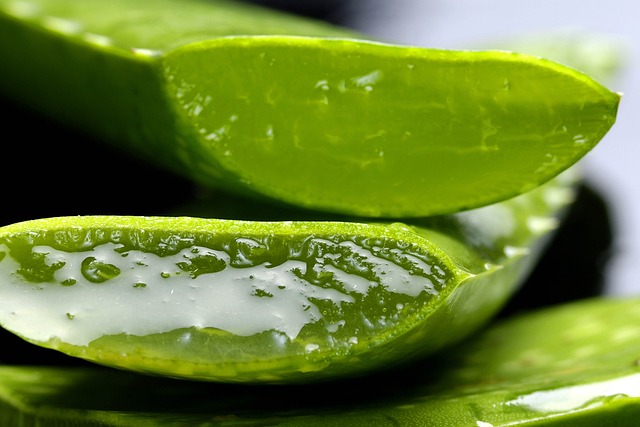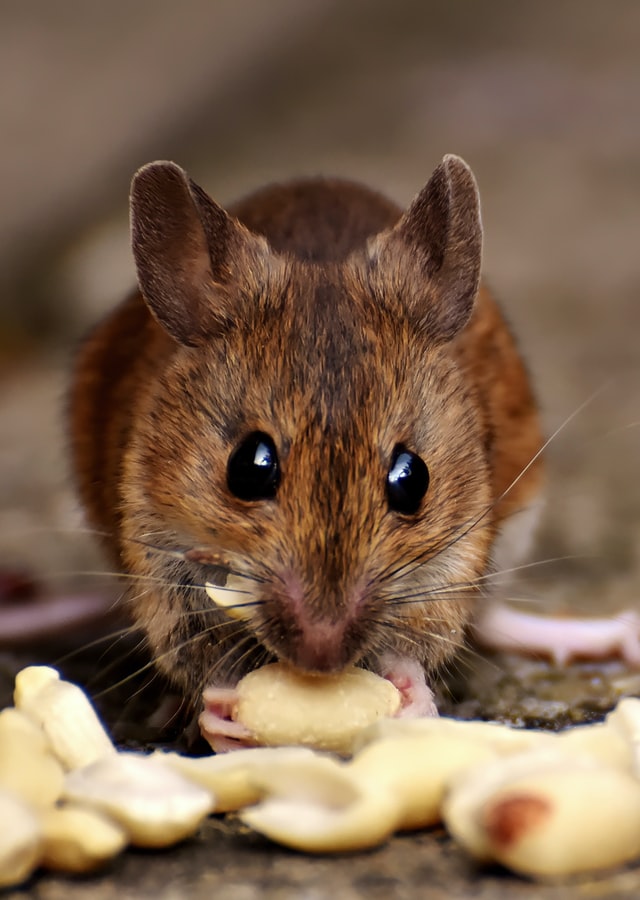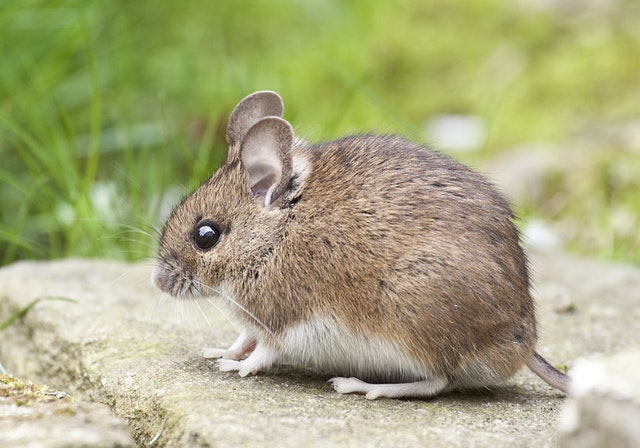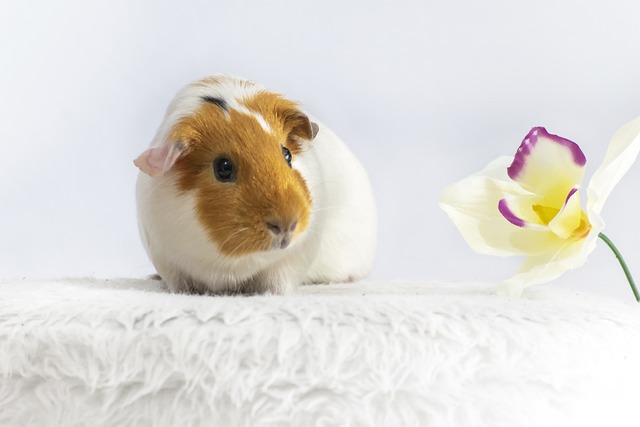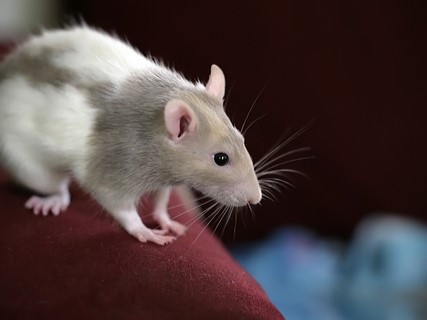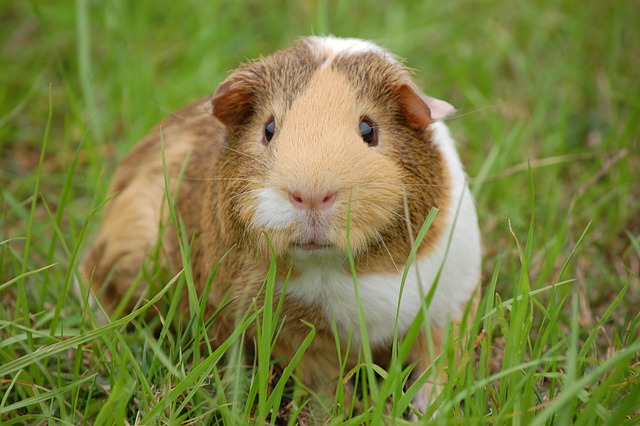Can Guinea Pigs Eat Aloe Vera? Find Out Here!
There are some affiliate links below, but they are all products I highly recommend. For more info, view my disclosure here.
Guinea pigs are adorable, beloved animals that make great pets. But did you know they can’t eat aloe vera? If you’re a guinea pig owner, it’s important to know what your pet can and cannot eat. In this article, we’ll explore why guinea pigs can’t eat aloe vera and the potential consequences if they do.
Aloe vera is a popular plant known for its many health benefits. It’s often found in lotions, face washes and other beauty products. But despite its many uses in humans, aloe vera isn’t safe for guinea pigs to consume. So why exactly can’t guinea pigs consume aloe vera?
The answer lies in the fact that guinea pigs have sensitive digestive systems and certain substances found in aloe vera that are dangerous for guinea pigs. Poisoning: The chemicals found in aloe vera leaves, including aloin A and anthraquinone, can have serious effects on the health of guinea pigs.
Keep reading to learn more about why guinea pigs aren’t able to eat aloe vera safely and what you should do if your pet accidentally consumes some of the plant.
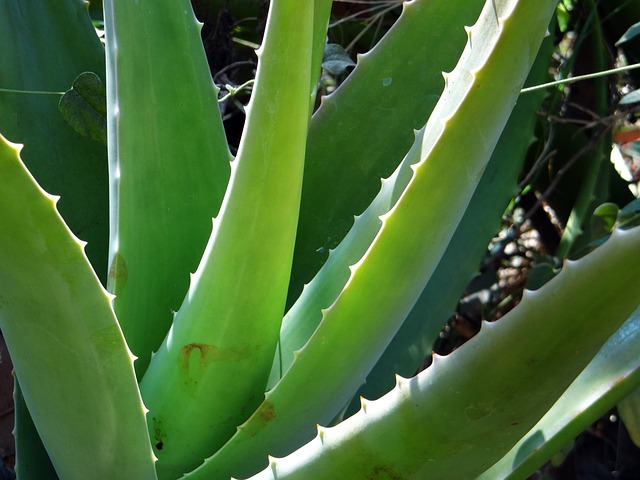
What Is Aloe Vera?
Aloe Vera is a succulent plant with thick, fleshy leaves that contain gel-like substances. The gel has many healing properties and can help to soothe skin irritations, reduce inflammation, and promote healing. It’s often used by humans in topical ointments and lotions but should never be ingested.
Guinea pig owners must be especially careful not to expose their pets to any aloe vera gel, as it can be toxic for them. Aloe Vera contains compounds which could cause liver damage if ingested by guinea pigs. Additionally, the leaves of the plant contain a type of fiber that guinea pigs cannot break down and digest – this can lead to gut obstruction or even death.
Overview Of a Guinea Pig’s Diet
Despite the many benefits of aloe vera for humans, it is important to keep in mind that guinea pigs cannot eat aloe vera. This is because guinea pigs have a sensitive digestive system and aloe vera can be difficult for them to digest. In addition, some components in aloe vera may cause inflammation or other adverse reactions within the guinea pig’s digestive system.
When it comes to a healthy diet for guinea pigs, there are certain foods they should avoid. These include foods high in sugar, fats, and salt; vegetables with thick skins or stalks; and fruits with pits or seeds.
Additionally, aloe vera should never be included on a guinea pig food list as it is not safe for them to eat. Instead, hay and fresh vegetables such as spinach, kale, carrots, and cabbage should make up the majority of their diet.
Supplementing with small amounts of fresh fruit can also provide additional vitamins and minerals. Taking these precautions will help ensure that guinea pigs stay healthy and happy.
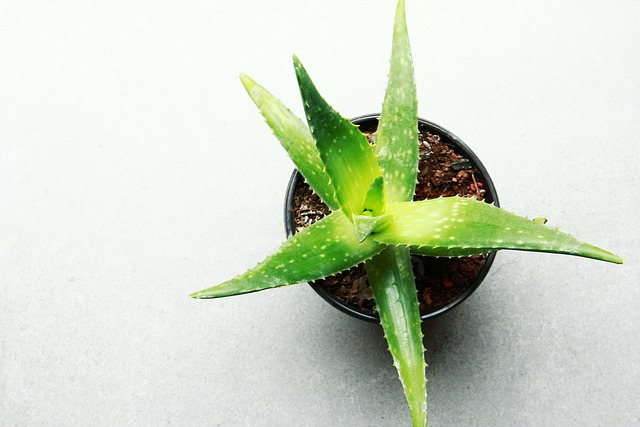
Possible Toxicity Of Aloe Vera
Aloe Vera plants are known to contain a toxic substance, which is why guinea pigs should not consume them.
The aloe plant contains aloin, which is a bitter-tasting yellow sap that is used in many medicinal products. This substance can be harmful if consumed by guinea pigs in large amounts. Aloin can cause abdominal pain, vomiting, and diarrhea in the animals. It can also cause more serious issues such as liver damage and even death. Therefore, it’s best to avoid feeding them anything containing aloe vera plants or products made from the plant.
In addition to the possible toxicity of aloin, other substances present in aloe vera plants may also be harmful for guinea pigs. These include anthraquinones and lectins, both of which have been linked to gastrointestinal problems in animals when eaten in large quantities. Therefore, it’s best to avoid feeding your guinea pig any food or treats that contain aloe vera plants or its extracts altogether.
Signs And Symptoms Of Over-Consumption
If a guinea pig consumes too much aloe vera, they may experience adverse effects. These can range from mild to severe. Mild symptoms include stomach upset and abdominal pain.
More severe symptoms can be dehydration, vomiting, and diarrhea. In extreme cases, consuming aloe vera can lead to organ damage or death. To avoid these risks, it is important to monitor the amount of aloe vera given to a guinea pig. If any of the aforementioned signs and symptoms occur, it is important to seek veterinary care as soon as possible.
Treatment will vary based on the severity of the symptoms but could include rehydration with fluids and medications for pain relief or organ support if needed.
Alternatives To Aloe Vera For Guinea Pigs
Guinea pigs cannot eat aloe vera due to its high levels of saponin, which can be toxic when ingested. However, there are some alternatives that can be used to treat medical conditions in guinea pigs.
In summary, aloe vera should not be given to guinea pigs due to its potential toxicity when ingested.
Common Sources Of Aloe Vera
Moving on, it is important to understand what sources of aloe vera should be avoided in order to keep guinea pigs safe. Aloe vera plants contain a compound called aloin A that can be toxic to guinea pigs if ingested. This means the plant itself should not be fed to them, as it could cause health issues.
Additionally, certain flowers such as Easter lilies and snake plants may also contain aloin A and should therefore not be given to guinea pigs either. It is best to avoid these plants altogether and instead opt for safe alternatives such as hay or Timothy grass when providing nutrition for your pet guinea pig.
Overall, it is important to know the potential sources of aloe vera and how they can affect guinea pigs if consumed.
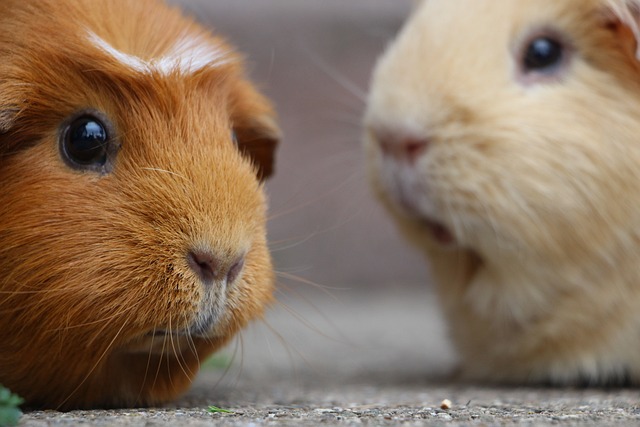
Risks Associated With Feeding Aloe Vera To Guinea Pigs
Aloe vera is toxic to guinea pigs and should be avoided in their diets. It contains substances like saponins, anthraquinones, and lectins which can cause digestive issues for guinea pigs if ingested. This can be especially hazardous for baby guinea pigs, as their digestive systems are still developing and more sensitive to these toxins.
Ingesting aloe vera could lead to clinical signs such as vomiting, diarrhea, poor appetite, lethargy, dehydration, and abdominal pain. It can also cause liver damage if consumed in large quantities. Guinea pigs should not be fed any type of aloe vera product as it can have serious consequences on their health. Instead they should stick to a diet of hay and vegetables that are safe for them to eat.
It’s important to keep aloe vera away from guinea pigs since it has the potential to make them seriously ill. Not only do they lack the enzymes necessary to digest the plant properly, but its toxic compounds can cause dangerous side effects that could be fatal if left untreated.
How To Monitor A Guinea Pig’s Diet
It’s a good idea for pet owners to monitor their guinea pig’s diet. This includes only feeding them food that is safe and beneficial for their health. Aloe vera is not one of these foods, as it can cause serious digestive problems in guinea pigs. It’s important to be aware of what your guinea pig is eating and to research any unfamiliar food before serving it to your pet.
Providing fresh fruits and vegetables is the best way to ensure your guinea pig is getting the correct nutrition. Fruits such as apples and pears, carrots, celery, bell peppers, and spinach are all safe options that provide essential vitamins and minerals. It’s also important to provide hay at all times so they can graze throughout the day.
Always take care not to feed too much of any single type of food, as this can lead to deficiencies in nutrients or cause your guinea pig to become overweight. Keeping an eye on what your small friend eats will help ensure they stay healthy and happy!
Advice From Veterinarians On Feeding Habits
Veterinarians advise against feeding guinea pigs aloe vera due to its potential health risks. Aloe vera contains a compound called anthraquinone, which can be poisonous to small animals like guinea pigs. In addition, aloe vera may contain other compounds that could upset the delicate balance of their digestive systems. Other foods that should be avoided include onions and garlic, as they can cause anemia in guinea pigs.
It is important to provide your guinea pig with a diet that meets all of their nutritional needs in order to ensure good health. A balanced diet for a guinea pig should include fresh vegetables and Timothy hay as the main source of fiber, along with limited amounts of fruits and grains. An appropriate vitamin supplement should also be provided to ensure your pet has the essential vitamins and minerals needed for proper growth and development.
By following these guidelines from veterinarians, you can help keep your guinea pig healthy and happy for many years to come.
Tips For Feeding Guinea Pigs Safely
When it comes to feeding guinea pigs, there are certain foods that should be avoided. One of these is aloe vera, which is toxic for guinea pigs and can lead to a loss of appetite, diarrhea, and even death. Therefore, it’s important to make sure that aloe vera is not included in any diet for a guinea pig.
It’s also important to feed your guinea pig a balanced diet that includes hay, fresh vegetables and fruits, and commercial pellets. A good rule of thumb is to offer hay as the main component of the diet – at least 75% – with the other 25% being made up mostly of vegetables and some fruits.
The hay should be offered in unlimited amounts, while vegetables should be given in small quantities – no more than 1/4 cup per day – with larger portions reserved for special occasions. Commercial pellets should also be provided on a daily basis; however, they should comprise less than 10% of the total diet.
By following these guidelines you can help ensure your guinea pig stays healthy and happy. Providing a balanced diet with plenty of hay will keep them satisfied and energized without any need for aloe vera or other harmful ingredients.
Understanding Potentially Harmful Foods
Aloe vera is a popular plant known for its medicinal properties, however it can be poisonous to guinea pigs. Guinea pigs cannot digest the saponins in aloe vera, which can cause vomiting and diarrhea. This is why it’s important to know what foods are safe and potentially harmful for guinea pigs before feeding them.
So, to sum it up, guinea pigs cannot eat aloe vera due to its potential toxicity. Aloe vera is a succulent plant that contains several vitamins and minerals, however it also has components that may be dangerous for guinea pigs. Veterinarians advise against feeding it to guinea pigs because of the potential health risks. It’s important for guinea pig owners to understand what their little friends can and cannot eat in order to keep them healthy and safe.
Guinea pigs should be fed a balanced diet with plenty of hay, fresh vegetables, and small amounts of fruits as treats. Pay close attention to any new food you’re introducing into your pet’s diet as some foods can have long-term effects if eaten too often or in large quantities. With the proper diet and care, your little friend will be able to live a long and happy life!
Remember, even though aloe vera may have some beneficial properties, it is not suitable or safe for guinea pigs to consume. Therefore, it’s best to avoid feeding aloe vera altogether. Your vet should be able to provide more information on proper diets for guinea pigs so you can make sure your furry friend stays healthy and happy!
